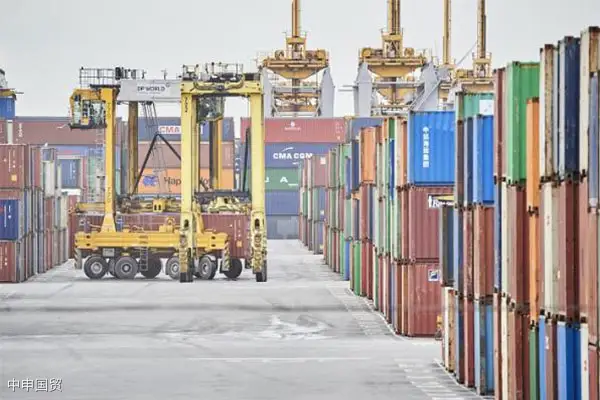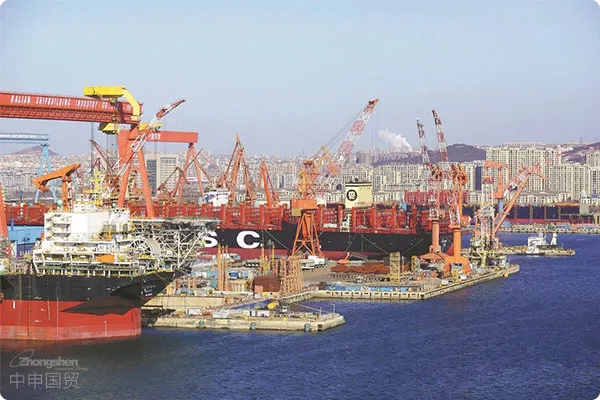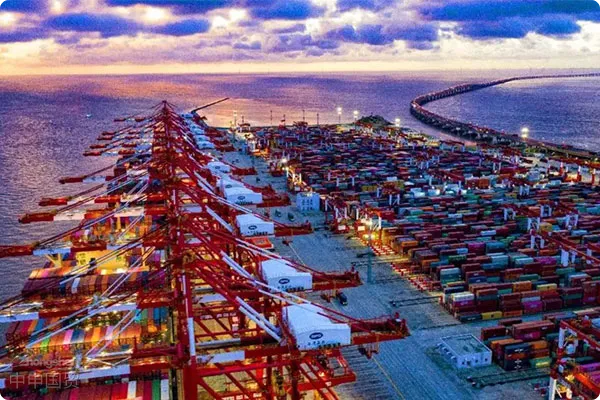- Shanghai Zhongshen International Trade Co., Ltd. - Two decades of trade agency expertise.
- Service Hotline: 139 1787 2118
The General Administration of CustomsOctober 8, 2023Issued the Announcement on Matters Related to Handling Voluntary Disclosure of Violations (hereinafter referred to as Announcement No. 127 or New Regulation), which will be effective from October 11, 2023 to October 10, 2025. The issuance of the new regulation marks the further improvement and clarification of China Customs voluntary disclosure system, providing enterprises with clearer and more convenient operational guidance. This article will provide detailed interpretation and analysis of the main contents of the new regulation.
I. Interpretation of the New Regulation
Broader Scope of Voluntary Disclosure Exemption from Penalties
According to the New Regulation, the scope of voluntary disclosure exemption from penalties has been expanded from tax-related violations to all violations. This means that in addition to tax-related violations, other behaviors such as over-reporting material consumption in processing trade, affecting the accuracy of customs statistics, disrupting customs supervision order, procedural violations of customs supervision goods, and violations of customs inspection and quarantine regulations are also included.
Clearer and More Specific Conditions for Exemption from Penalties
The New Regulation clarifies that the prerequisite for enterprises to voluntarily disclose is timely correction of violations and sets clear conditions for exemption from penalties for various types of violations.

Further Extension of the Time Limit for Voluntary Disclosure of Tax-Related Violations
According to the New Regulation, enterprises have two years from the date of occurrence of tax-related violations to voluntarily disclose to customs, no longer limited to the previously stipulated one year.
4. Conditions for same act voluntary disclosure are further clarified
The new regulation clarifies the definition of same violation and specifies specific conditions for repeated voluntary disclosure. This provides enterprises with clearer operational guidance.
II. Comparison Between the New Regulation and the Draft for Comments
Before the issuance of the New Regulation, the General Administration of Customs first published a draft for comments on the Announcement on Matters Related to Handling Voluntary Disclosure of Violations. Below are the main comparisons and analyses between the New Regulation and the draft for comments:
Scope of Voluntary Disclosure
The invoicing time should be after the goods are exported, based on the time nodes agreed in the agency export agreement.The draft for comments primarily focuses on tax-related violations, without detailed descriptions of non-tax-related violations.
New Regulations:The new regulations expand the scope of voluntary disclosure to all violations, not limited to tax-related ones. This means enterprises can voluntarily disclose any violations, whether tax-related or not, as long as they meet the conditions specified in the new regulations.
Time Limit for Voluntary Disclosure
The invoicing time should be after the goods are exported, based on the time nodes agreed in the agency export agreement.In the draft for comments, the time limit for voluntary disclosure of tax-related violations was one year.
New Regulations:Under the new regulations, this time limit has been extended to two years, providing enterprises with more time for voluntary disclosure.
3. Definition of same act,
The invoicing time should be after the goods are exported, based on the time nodes agreed in the agency export agreement.In the draft for comments, the definition of same act was not clearly specified.
New Regulations:The new regulation clarifies the definition of same violation, including acts of the same nature that violate the same provision of the same legal article, and specifies a one-year time limit for repeated voluntary disclosure of the same act.
Specific Conditions for Exemption from Penalties
The invoicing time should be after the goods are exported, based on the time nodes agreed in the agency export agreement.Although it was mentioned that voluntary disclosure could exempt from penalties, the specific conditions for exemption were not detailed.
New Regulations:The new regulations clearly list the exemption conditions for various types of violations, providing enterprises with clear operational guidance.
Scope Where Voluntary Disclosure Does Not Apply for Exemption
The invoicing time should be after the goods are exported, based on the time nodes agreed in the agency export agreement.The draft for comments lacked clarity on the scope where voluntary disclosure does not apply for exemption.
New Regulations:The new regulations clarify the scope where voluntary disclosure does not apply for exemption, such as violations related to quarantine, inspection involving safety, environmental protection, and health matters.
III. Implications for Enterprises
The issuance of the new regulation marks the further improvement and clarification of China Customs voluntary disclosure system for enterprises. This not only provides enterprises with clearer and more convenient operational guidance, but also demonstrates the further implementation of China Customs management philosophy of convenience for integrity, punishment for dishonesty. For enterprises, voluntary disclosure can not only avoid or reduce administrative penalties, but also maintain the enterprises integrity image and promote good cooperative relations between enterprises and customs.
Related Recommendations
© 2025. All Rights Reserved. Shanghai ICP No. 2023007705-2  PSB Record: Shanghai No.31011502009912
PSB Record: Shanghai No.31011502009912










